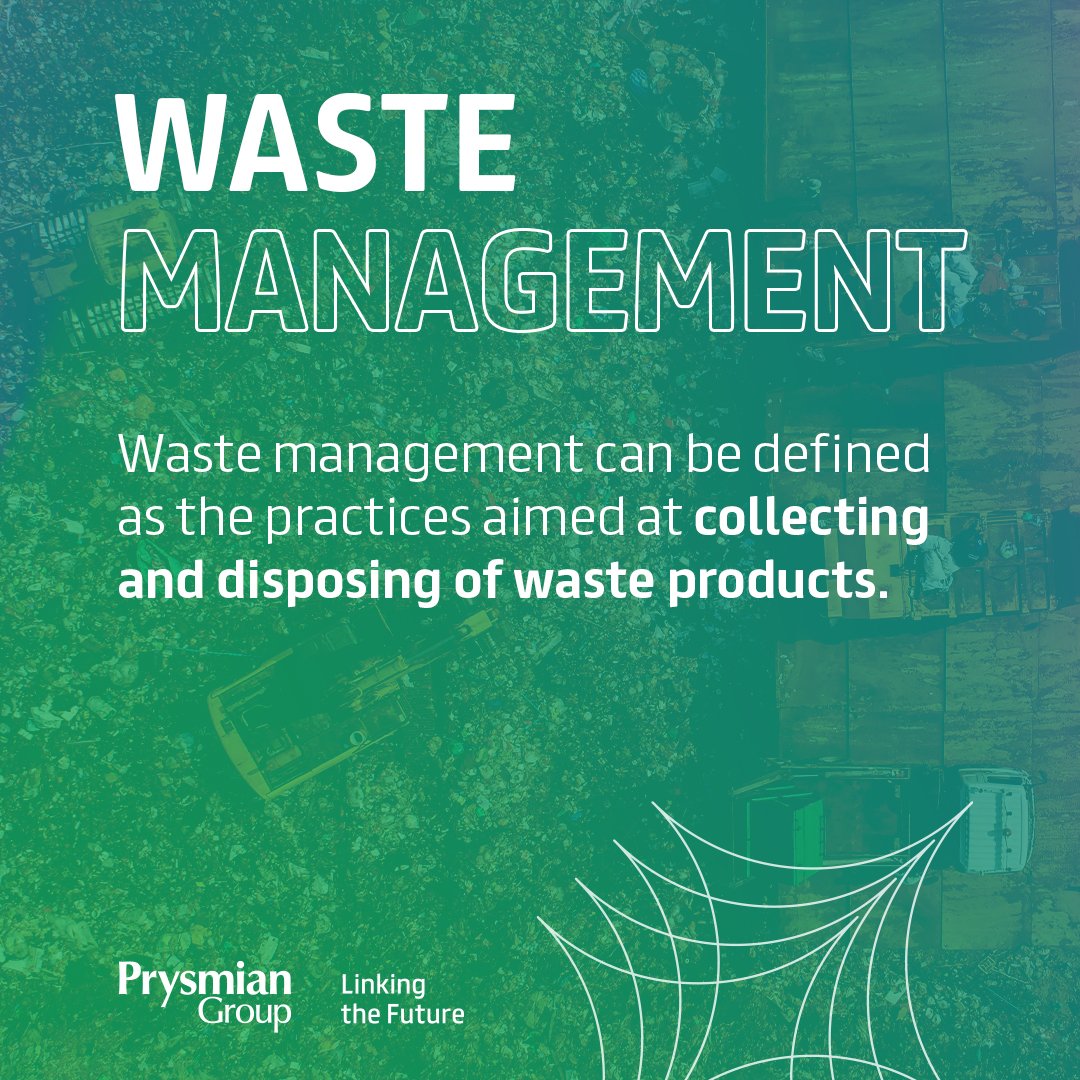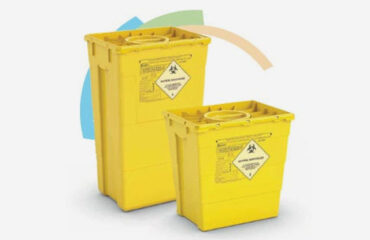4 Easy Facts About Reclaim Waste Described
4 Easy Facts About Reclaim Waste Described
Blog Article
4 Simple Techniques For Reclaim Waste
Table of ContentsRumored Buzz on Reclaim WasteThe Greatest Guide To Reclaim WasteReclaim Waste Fundamentals ExplainedReclaim Waste for BeginnersThe Best Strategy To Use For Reclaim Waste
Check out the types, events, and forms of liquid waste. Domestic sewage waste describes the waste and products from a domestic septic container. This kind of waste is created by human beings in homes, institutions, and other structures. This only consists of sewage-disposal tanks that have a drain field. The proper monitoring and disposal of residential sewer waste require fluid waste to be transferred to a sewage treatment plant where the proper approaches and equipment are used to detoxify and deal with waste.
Business waste usually includes prospective threats, such as combustible materials or a blend of fluid and solid waste items, and calls for an advanced and in-depth disposal process. The disposal of commercial waste commonly includes the filtering of waste prior to transport to make sure safe and correct disposal. Industrial waste is produced from byproducts and runoff of industrial procedures and production.
This sort of waste can not use the very same sewer administration transportation or procedures as septic or business fluids. The commercial waste management process requires the evaluation and testing of fluid waste before it goes through the disposal procedure (liquid waste removal). Runoff waste is the liquid waste that originates from overflow and excess stormwater in very inhabited locations or cities
Runoff waste can cause contamination and flooding otherwise handled properly. Find out more concerning sewage system cleansing and waste monitoring. Making sure appropriate waste administration can prevent calamities and lower ecological damage. Both individuals in residential settings and professionals in industrial or manufacturing sectors can benefit from understanding the procedures and policies of liquid waste management.
Get This Report about Reclaim Waste
Call PROS Solutions today to find out concerning our waste administration and disposal solutions and the proper ways to look after the liquid waste you generate.
(https://hub.docker.com/u/reclaimwaste1?_gl=1*1980ev1*_ga*MTgwOTc3Nzc2OS4xNzMxMzI1Mzkw*_ga_XJWPQMJYHQ*MTczMTMyNTM5MC4xLjEuMTczMTMyNTcwOC4xMC4wLjA.)This supposed 'wastewater' is not only a vital resource but, after treatment, will be released to our land, waterways or the ocean. Made use of water from toilets, showers, bathrooms, cooking area sinks, laundries and commercial procedures is known as wastewater.

water used to cool equipment or clean plant and tools). Stormwater, a type of wastewater, is drainage that moves from farming and metropolitan areas such as roofings, parks, yards, roadways, paths and rain gutters into stormwater drains pipes, after rainfall. Stormwater streams unattended straight to local creeks or rivers, ultimately getting to the ocean.
The Basic Principles Of Reclaim Waste
In Queensland, most wastewater is dealt with at sewer treatment plants. Wastewater is carried from residential or industrial websites via a system of sewage systems and pump stations, referred to as sewage reticulation, to a sewage treatment plant. Regional governments build, maintain and operate most sewer therapy plants. Operators are certified under the Environmental Management Act 1994 to discharge treated wastewater at an acceptable environmental standard into rivers.
The Department of Natural Resources suggests city governments concerning managing, operating and preserving sewerage systems and treatment plants. In unsewered locations, city governments may require householders to set up specific or family sewer treatment systems to treat domestic wastewater from bathrooms, kitchens, bathrooms and washings. The Division of Natural Resources authorizes making use of family systems when they are verified to be effective.
In some brand-new neighborhoods, therapy of some stormwater to get rid of clutter, sand and gravel has actually started utilizing gross toxin catches. Wastewater treatment happens in 4 stages: Eliminates strong click here to find out more matter.
Wastewater after that flows into big tanks where solids work out and are eliminated as sludge. Oil and scum are skimmed from the surface. Uses small living microorganisms called micro-organisms to damage down and remove staying liquified wastes and fine particles. Micro-organisms and wastes are included in the sludge. Gets rid of nitrogen and phosphorus nutrients that could trigger algal flowers in our waterways and endanger marine life.
The Best Guide To Reclaim Waste
Nutrient elimination is not readily available at all sewer treatment plants since it calls for expensive specialist tools. Clear fluid effluent produced after treatment may still contain disease-causing micro-organisms - liquid waste removal melbourne.

The majority of wastewater flows into the sewerage system. Under the Act, regional governments administer authorizations and permits for eco relevant activities (ERAs) involving wastewater releases that may have a regional impact.
4 Simple Techniques For Reclaim Waste
Or else, samples are considered laboratory evaluation. Usually numerous examinations are required to develop the degrees of each of the different toxins such as oils, heavy metals and pesticides in water. Surveillance supplies factual details concerning water quality and can confirm that permit conditions are being fulfilled. The info obtained via monitoring offers the basis for making water high quality choices.
Report this page